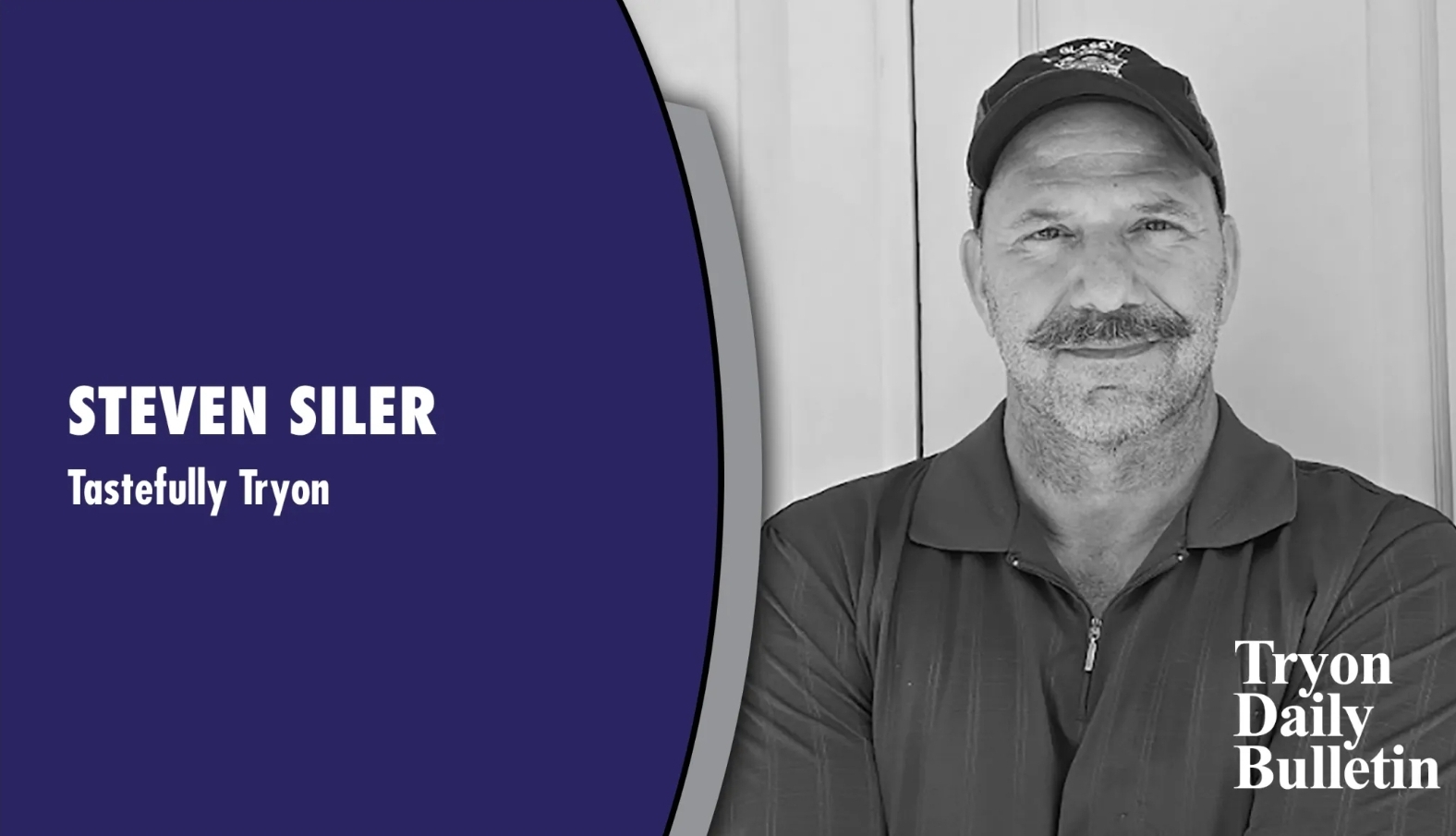Drug manufacturers, insurance companies and you: Who really pays the healthcare tab?
Published 5:14 pm Monday, May 2, 2016
To the editor:
Regarding Bill Warren’s letter of April 27, “Big Pharma, money and our ignorance,” I think he makes some valid points, but misses one very important one that should not be overlooked. The main point that needs to be emphasized is that modern medications do save lives. There are many people in our community who simply would not be here if not for their medications, and the current duration and quality of life we take for granted are due in large part to medicine.
Where I agree with him is that those benefits do not excuse the excessive greed of some of the manufacturers, and I would like to expand on how this is able to happen.
Trending
While the insurance industry likes to claim that it is only through their intervention that the cost of health care is being controlled, I would assert the opposite – that it is their influence that has led to the meteoric rise in the cost.
First of all, health insurance is not insurance, it is cost shifting. If auto insurance were the same as health insurance, then your insurance policy would cover new tires, oil changes, car washes, and repairs such as blown engines and transmissions (and be much more expensive). True health insurance would cover specific, unforeseeable catastrophes such as cancer, heart attacks, and broken bones, not allergies, earaches, and hypertension.
And here is where the problem lies. Since the person receiving these ongoing, foreseeable healthcare services is not the person directly paying for those services, then the seller one level removed (that is, the entity that is selling to the healthcare provider that sees the patient) can charge whatever they want, without restraint. The insurance is forced to at a minimum cover the cost of the provider, which the provider has no control over.
To give a more concrete example, as a pharmacist I have no control over what the medications I dispense cost, but in order to be able to dispense it I must at least be paid that cost plus an amount to cover my overhead. There are drug companies out there that don’t even try to hide the fact that their business model revolves around this inefficiency in the system and charge prices that have absolutely no relationship to drug value, cost to produce, or any other identifiable metric.
Every time they can convince a doctor to write a prescription for their product they win, and win big. They even tell the prescribers that their products are only for those with insurance, and which insurance companies are covering their products. And that’s the start of the upward spiral. The drug companies charge more, the insurance companies pay it (less the secret kickbacks they extort from the drug companies), then the insurance premiums, copays, and deductibles go up, the drug companies raise their prices some more, then the insurance companies follow and around and around we go.
The only way I can see to stop the madness and outrageous sums that are spent on healthcare is to bring the consumer’s wallet back in to the equation. If people were forced to accept responsibility for their own healthcare dollars they would spend them much more wisely. They would not spend $84,000 for hepatitis treatment simply because they couldn’t.
Trending
If the drug company wanted to sell any of their wonder drug they would have to price it more reasonably, say, $1,000, like they do in other countries (this is an actual example, not a made up exaggeration). The multiple, overpriced, non-unique medications that are bilking the system now simply would have no place in our healthcare system and would cease to exist and not be missed – the problem really is that bad.
I know I have made no mention of indigent care, which does need to be addressed, but we need to bring the consumer back into the conversation about cost, and the cost will go down. Until then, the drug companies and insurance companies will continue making billions of dollars without making any positive gains in the health of our nation.
Steve Burney, Pharm.D.
Columbus, N.C.





